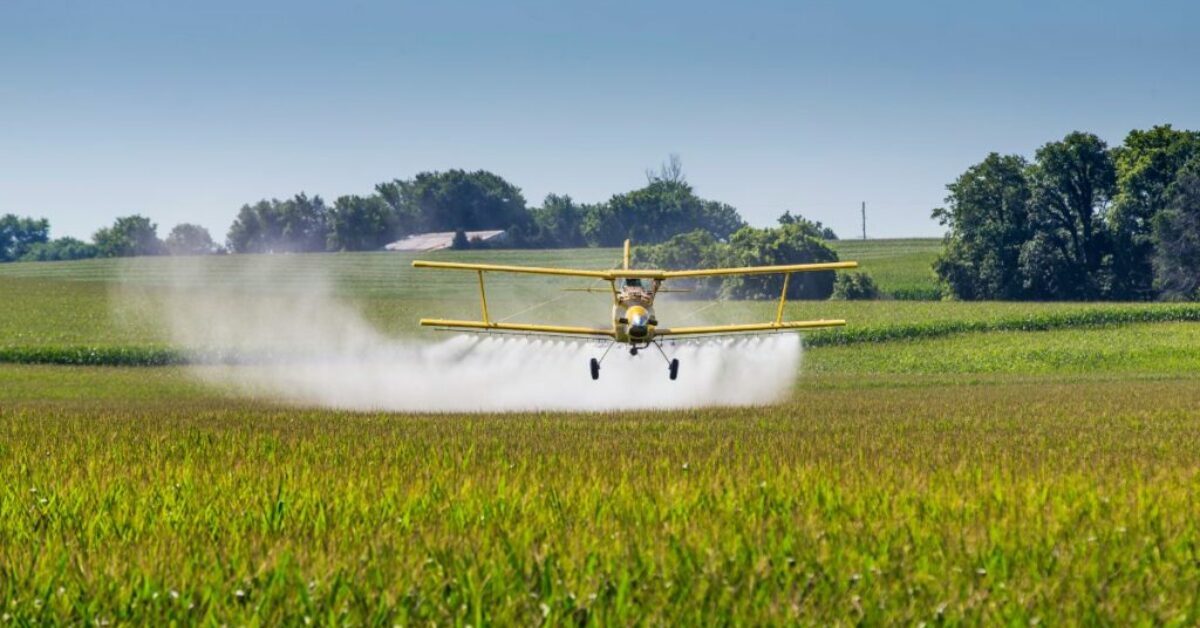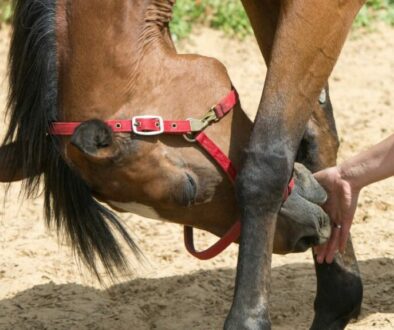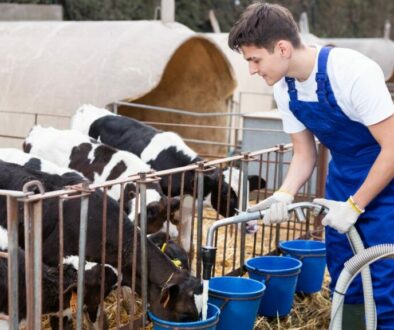How To Become A Crop Duster?
Becoming a crop duster can be an exciting career choice for those who love working outdoors and have a passion for aviation. Contrary to popular belief, crop dusting is not just about flying a plane over a field and spraying pesticides or herbicides. It requires a specific set of skills, knowledge, and qualifications. In this article, we will outline the steps to become a crop duster, the skills needed, what crop dusting is, and the benefits of working in this field.
Steps To Becoming A Crop Duster
The world of agriculture is vast and varied, and crop dusting is one of the most exciting and challenging careers within it. Crop dusters are responsible for applying pesticides, herbicides, and other chemicals to crops from the air, ensuring that they remain healthy and productive. If you’re interested in becoming a crop duster, here are the steps you’ll need to take:
- Obtain Your Private Pilot’s License
Before you can pursue a career as a crop duster, you’ll need to gain experience as a private pilot. This involves obtaining your private pilot’s license, which requires a significant amount of training and practice. During this time, you’ll learn the basics of flying, navigation, and aircraft maintenance. You’ll also need to log at least 40 hours of flight time, including a minimum of 20 hours with an instructor and 10 hours of solo flight time.
- Complete Specialized Agricultural Aviation Training
Once you’ve obtained your private pilot’s license, you’ll need to complete specialized training in agricultural aviation. This training is designed to teach you the skills and knowledge you’ll need to safely and effectively apply chemicals to crops from the air. Topics covered in this training may include crop identification, pesticide handling, and application techniques. You’ll also need to log a certain number of flight hours specifically related to agricultural aviation.
- Obtain Your Commercial Pilot’s License
After completing your specialized agricultural aviation training, you’ll need to obtain your commercial pilot’s license. This license allows you to fly for compensation or hire, which is necessary for a career as a crop duster. To obtain this license in the United States, you’ll need to be at least 18 years old, have a private pilot’s license, and have completed a rigorous training program that includes a minimum of 250 hours of flight time.
- Obtain Your FAA Certification
Finally, you’ll need to obtain a specialized certification from the Federal Aviation Administration (FAA) that allows you to operate aircraft for agricultural purposes. This certification requires you to demonstrate knowledge of crop types, chemical applications, and safety protocols. You’ll also need to pass a written exam and a practical flight test.
Becoming a crop duster requires a significant amount of training and experience, but for those who are passionate about aviation and agriculture, it can be a highly rewarding career. With the right training and certification, you can help ensure that crops around the world remain healthy and productive.
Skills Needed For Becoming A Crop Duster
Beyond the technical requirements for becoming a crop duster, certain skills are essential to success in this career. For instance, excellent hand-eye coordination, spatial awareness, and the ability to multitask are essential when flying a plane and accurately spraying crops. Crop dusters must also possess strong communication skills, as they frequently work with farmers and other agriculture professionals.
Crop dusting requires a lot of concentration and focus, so excellent stress management and decision-making skills are also necessary. Due to the nature of the job, it is vital to stay up-to-date on the latest pesticide application techniques and safety protocols.
Another important skill for crop dusters is the ability to work independently. While they may work with a team on occasion, most of the time, they are flying solo. This requires a high level of self-motivation, discipline, and responsibility.
Additionally, crop dusters must have a strong understanding of weather patterns and how they can impact their work. They need to be able to make decisions quickly based on changing weather conditions and adjust their spraying accordingly.
Physical fitness is also important for crop dusters. They need to be able to climb in and out of the cockpit, as well as lift heavy equipment and containers of pesticides.
Finally, successful crop dusters must have a passion for agriculture and a commitment to sustainable farming practices. They understand the vital role they play in helping farmers grow healthy crops and feeding the world’s population.
What Is A Crop Duster?
Crop dusters, also known as agricultural pilots, are highly skilled pilots who specialize in the application of fertilizers, pesticides, and other chemicals to crops from the air. Their job is critical to the agricultural industry because they help ensure the health and growth of crops by eliminating pests, diseases and increasing their productivity.
Crop dusting has been around for over a century, and it has evolved significantly since its inception. The first crop dusters used hand-held devices to apply chemicals to crops, but as technology advanced, crop dusters began to use airplanes. Today, crop dusters use state-of-the-art planes that are equipped with GPS technology and computer-controlled spraying systems that allow them to apply chemicals with pinpoint accuracy.
Crop dusters play a vital role in modern agriculture. They help farmers protect their crops in a more efficient and effective manner than traditional ground-based treatment methods. By using airplanes to apply chemicals, crop dusters can cover large areas of land quickly and easily, which saves farmers time and money.
However, crop dusting is not without its challenges. Crop dusters must contend with unpredictable weather conditions, low-flying obstacles, and the risk of exposure to dangerous chemicals. They must also be skilled pilots who can navigate their planes through tight spaces and maneuver around obstacles with precision.
Despite the challenges, crop dusters are highly respected members of the agricultural community. They play a critical role in helping farmers produce healthy, abundant crops that feed our growing population. Without crop dusters, many farmers would struggle to protect their crops and maintain their livelihoods.
The Benefits of Working as A Crop Duster
Working as a crop duster is a unique career path that offers numerous benefits. One of the most significant advantages is the opportunity to work outdoors and away from the typical office environment. Unlike most jobs, crop dusters get to spend their days flying over vast fields of crops, enjoying the fresh air and beautiful scenery.
Aside from the picturesque work environment, the pay is also a significant draw for those interested in crop dusting. With an average salary ranging from $50,000 to $150,000 per year, crop dusters can earn a comfortable living while doing what they love.
Crop dusters also have the opportunity to travel and work in different locations, gaining experience in various agricultural settings. This allows them to broaden their skills and knowledge, making them more valuable in the industry. Additionally, crop dusters work closely with farmers and other agriculture professionals, and this allows them to build lasting relationships in their communities.
But crop dusting isn’t just about flying over fields and earning a good salary. It’s also about protecting the longevity and productivity of crops. Crop dusters play a crucial role in preventing and controlling pests and diseases that can devastate crops. By applying pesticides and fertilizers from the air, crop dusters help to ensure that crops are healthy and productive, which is essential for feeding the growing population.
Overall, becoming a crop duster is both a challenging and rewarding career path. It requires the right skills, experience, and certifications, but for those who are passionate about flying and agriculture, it can be an incredibly fulfilling career. Crop dusters get to work outdoors, travel to different locations, build lasting relationships in their communities, and help to protect the world’s food supply. It’s a job that offers both financial stability and a sense of purpose, making it an excellent choice for those looking for a unique and rewarding career.




